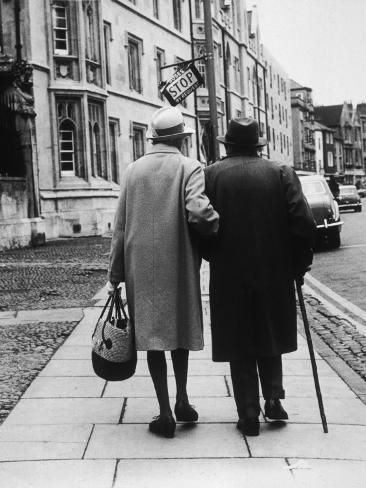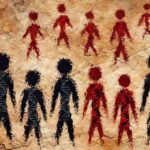Have you ever wondered what it truly means to be human? From the cultures we create to the tools we build, the languages we speak, and the mysteries of our evolutionary past, the study of humanity is as vast as it is fascinating. Anthropology, the science of human beings, offers us a lens to understand ourselves, each other, and the world we inhabit. But why does it matter, and what can it teach us about today’s rapidly changing society?

What Is Anthropology?
Throughout my schooling, I can confidently say that every single anthropology course begins with the class attempting to define it. In my experience, it is proven difficult to come up with an all-encompassing definition of what Anthropology is, so, we shall proceed with a working definition that stems from my “go-to” when someone asks me what I study. Anthropology is the holistic study of what makes us human. Unlike other disciplines that focus on a single piece of the puzzle, anthropology takes a comprehensive approach, weaving together insights from biology, culture, language, and history. It’s a field that asks big questions about who we are, where we come from, and where we’re going.
The Four Main Subfields of Anthropology:
- Cultural Anthropology: This subfield examines cultures and societies, exploring how people live, think, and interact. It’s about understanding traditions, values, and behaviors that shape human experience.
- Example: Studying how communities adapt to climate change or how rituals strengthen social bonds.
- Biological Anthropology: Focused on the biological and evolutionary aspects of humans, this subfield looks at how we’ve adapted over millennia.
- Example: Researching the genetic links between modern humans and our ancient ancestors or studying human variation today (More on this in future posts).
- Archaeology: Archaeologists piece together history by examining material remains, from ancient tools to monumental architecture.
- Example: Unearthing evidence of early civilizations or analyzing artifacts to understand past trade networks.
- Linguistic Anthropology: Language is central to how humans communicate and shape their worlds. Linguistic anthropologists study how language influences culture and vice versa.
- Example: Documenting endangered languages or analyzing how slang evolves in urban communities.
Why Does Anthropology Matter?
Anthropology is not just about studying humanity but rather about making connections and solving problems. Here are a few ways it impacts our world:
- Creating Empathy: By understanding cultural differences, we become better equipped to navigate an increasingly interconnected world. Anthropology reminds us that our way of life is just one among many.
- Addressing Real-World Issues: Anthropologists tackle pressing challenges such as global health crises, migration, and climate change. For instance, medical anthropologists work to improve healthcare delivery by studying how cultural beliefs shape medical practices.
- Preserving the Past: Archaeologists and cultural anthropologists help protect heritage sites and document traditions, ensuring that future generations can learn from the past.
- Inspiring Critical Thinking: Anthropology encourages us to question assumptions about race, gender, and other constructs, promoting a deeper understanding of humanity.

Why Should You Care?
Anthropology isn’t just for academics or researchers. It’s for anyone curious about the world and their place in it. This is one of the reasons I decided to start this collection of ideas here on The Human Edit. By studying others, we gain fresh perspectives on our own lives. For example:
- Why do we celebrate certain holidays, and how do they shape our identities?
- How do societal norms influence what we consider beautiful or acceptable?
- What lessons can ancient civilizations teach us about sustainability or resilience?
Understanding anthropology makes us better global citizens, capable of appreciating the diversity of human experiences and working towards a more inclusive future.
At its core, anthropology is about connection. It links the past to the present, bridges cultures, and reveals the threads that bind us all. Whether you’re fascinated by ancient artifacts or curious about modern social trends, anthropology offers a way to make sense of our shared humanity.
This is just the beginning. Explore The Human Edit to uncover more stories, ideas, and insights that will change the way you see the world. Let’s dive deeper together into what it truly means to be human.



